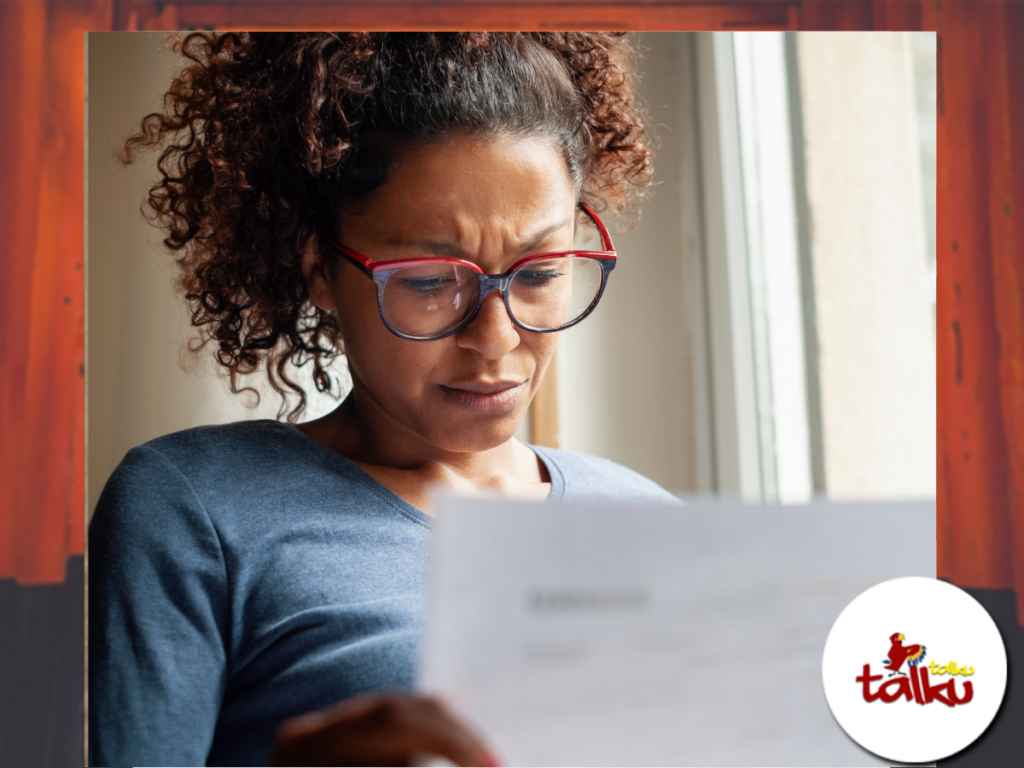Have you noticed that promises are easily made when money is being expected? For instance, some people make promises when they are out of cash and need urgent financial assistance.Then, when they have the much-anticipated money, they find it hard to pay back because they either promised other people as well, they have other pressing needs, or they just want to keep the money breathing in their pockets. Having debts can be inevitable at times. This is why we have put together, some guidelines that will help you prioritise your financial expenditure.
What do we refer to as debts?
Taking a definition from Wikipedia, a debt is “an obligation that requires one party, the debtor, to pay money or other agreed-upon value to another party, the creditor. Debt is a deferred payment or series of payments, which differentiates it from another purchase.”It can be inferred from this definition that debt is first an obligation. This means that you are bound to make costs for that thing you have received. Another very important thing to take note of is that it has to be money or any other agreed item of value. Being a “deferred payment”, it is usually paid at a later date or by consent of the creditor, by instalment.
Can debts be avoided?
The popular saying that no man is an island leaves nothing to be desired. It’s not possible to have everything even if you’re very rich. There is always something of worth that another person has that you do not have and the reverse is also the case.Notably, during trade, debts can be incurred. Either through an unpaid service received or through an uncompleted payment for goods. There are also debts incurred through loans. A loan is a borrowed sum acquired by an individual or organisation to carry out the desired project upon an agreed system of payment. Most individuals and establishments subscribe to this for needs and investments.However, even though debts can be very difficult to avoid, there are ways to limit them. This will help you plan your budget and save you unnecessary expenditures.
Avoid credit cards when possible
Using credit cards can be very easy. It gives you the freedom to purchase anything within the credit card limit. So, it is fantastic, but, the reverse is how you feel when the debts come knocking and you need to remit to the bank. If you have cash with you, use it to make payments, so, you don’t have to pay a debt in the future.
Stay within your spending limit
In as much as your needs can be insatiable as a human being, it is important that you check your spending and know your limits. In simple words, buy what you can afford.
Avoid impulsive buying
Try not to purchase items you do not need. I mean… Why are you buying 5 decoders or six calendars? Decoders require consistent subscriptions and you can always link your televisions to one cable. Calendars are everywhere. On your phone, in your books or diaries, or in your office; it is not necessary to have five.Why should you buy all the jeans in a store because you like every design? Pick two designs you can interchange and leave the store with your hands covering your eyes…lol. Try not to be a shopaholic who buys many things even he or she has no need for them.
Keep a record of all your purchases
It is very important to keep records of anything, and purchases should not be left out. For organisations, a proper record of all purchases made to avoid repetitive payments and undeserved debts.For individuals, records of all purchases may not be achievable but records of debts are very crucial as the human memory is not entirely reliable.
Organise your lifestyle
Social relationships are important for our mental health but your social life determines your financial expenses. If your social relationships are only built on attending parties frequently, you should watch it.Countless debts can be incurred from these gatherings because the more you attend them, the more you spend money either on drinks or on other items needed.
Pay within the agreed time
Unpaid debts plus incurred debts equal to more debts…lol. You don’t need to be a mathematician to know this. Avoid procrastinating, especially when it has to do with debts. Also, making a new purchase does not wipe off an old debt or make the creditor feel better. In conclusion, debts may not be avoided but they can be reduced. Paying off debts is undoubtedly a prerequisite for stable mental health because it stops you from worrying and gives you an avenue to think of other urgent needs. It can also save your loved ones the emotional stress of paying for undeserved obligations.



